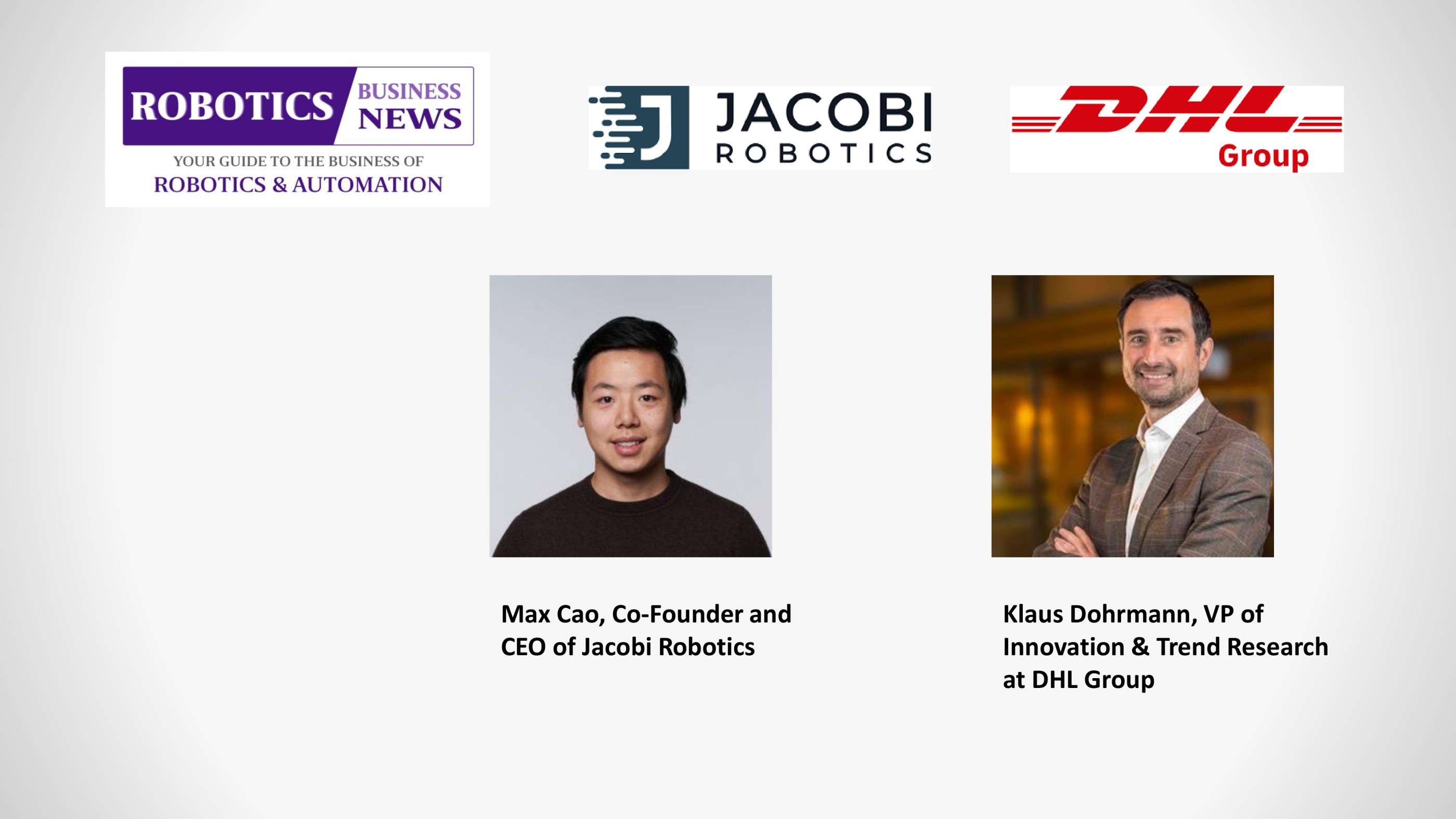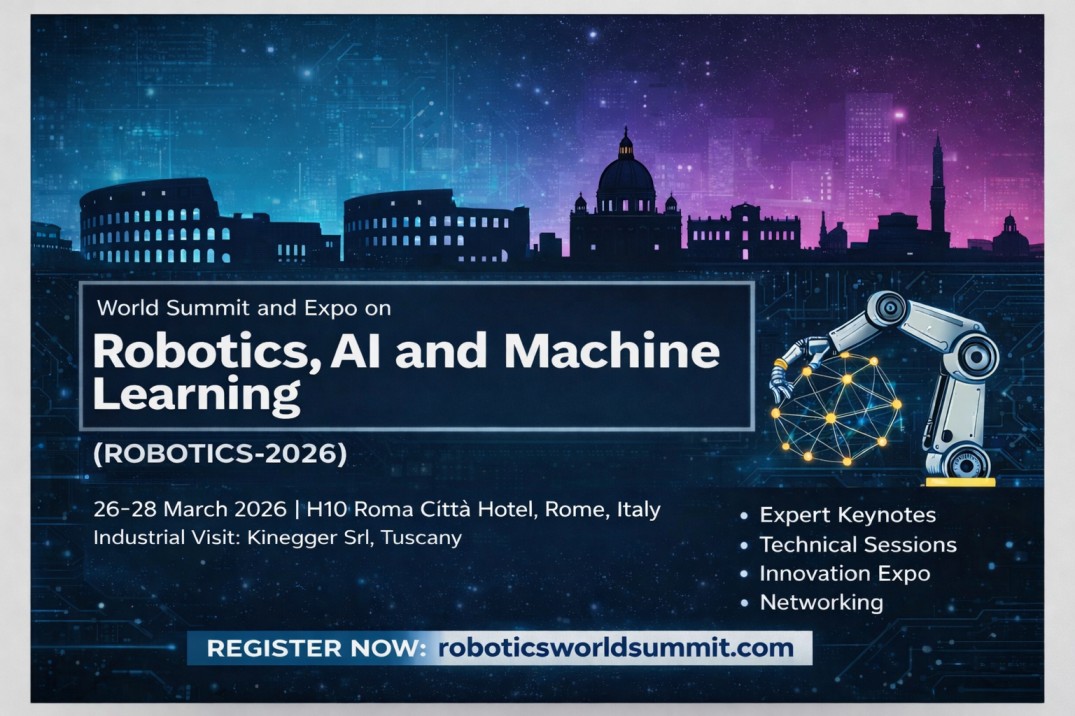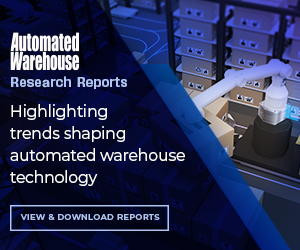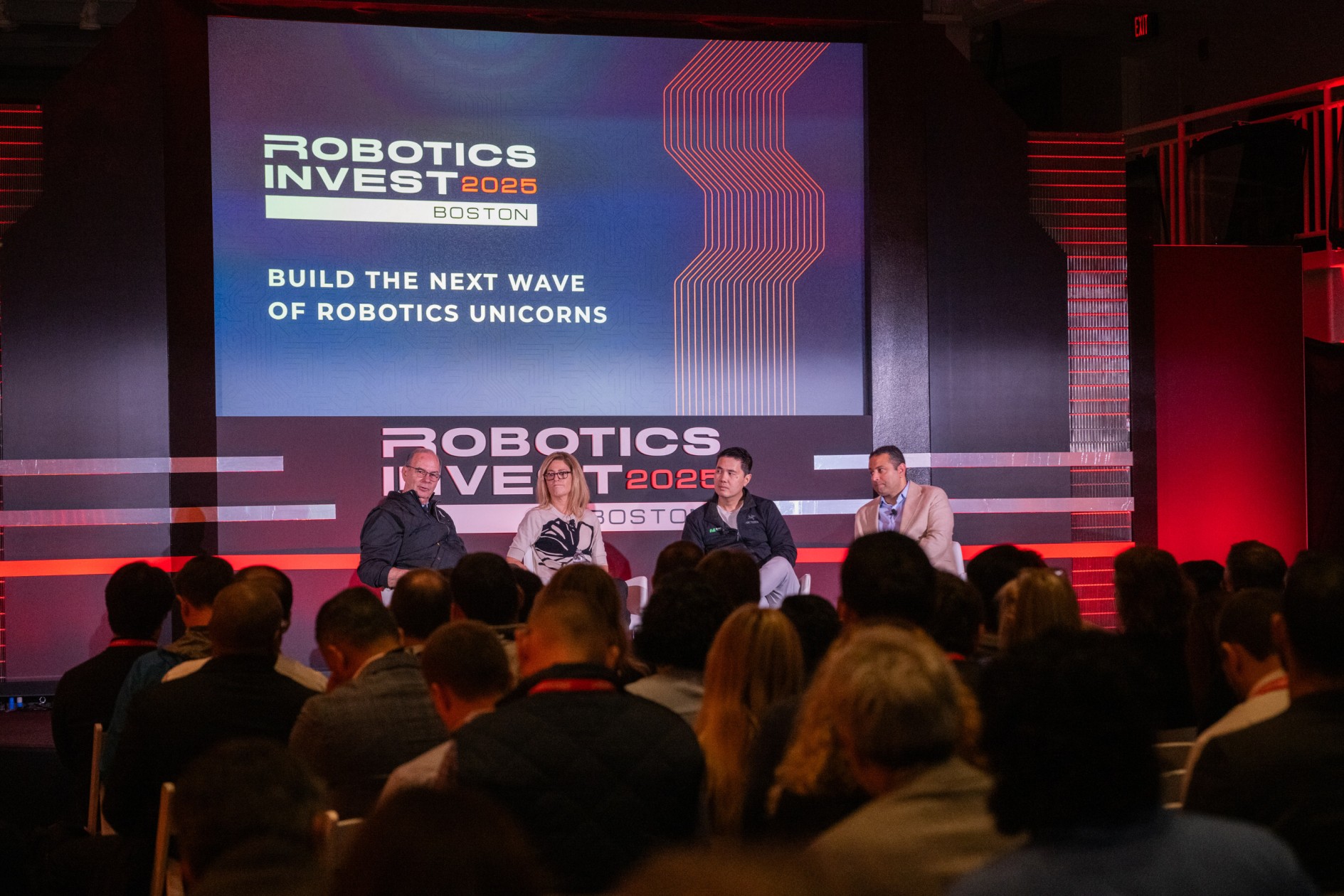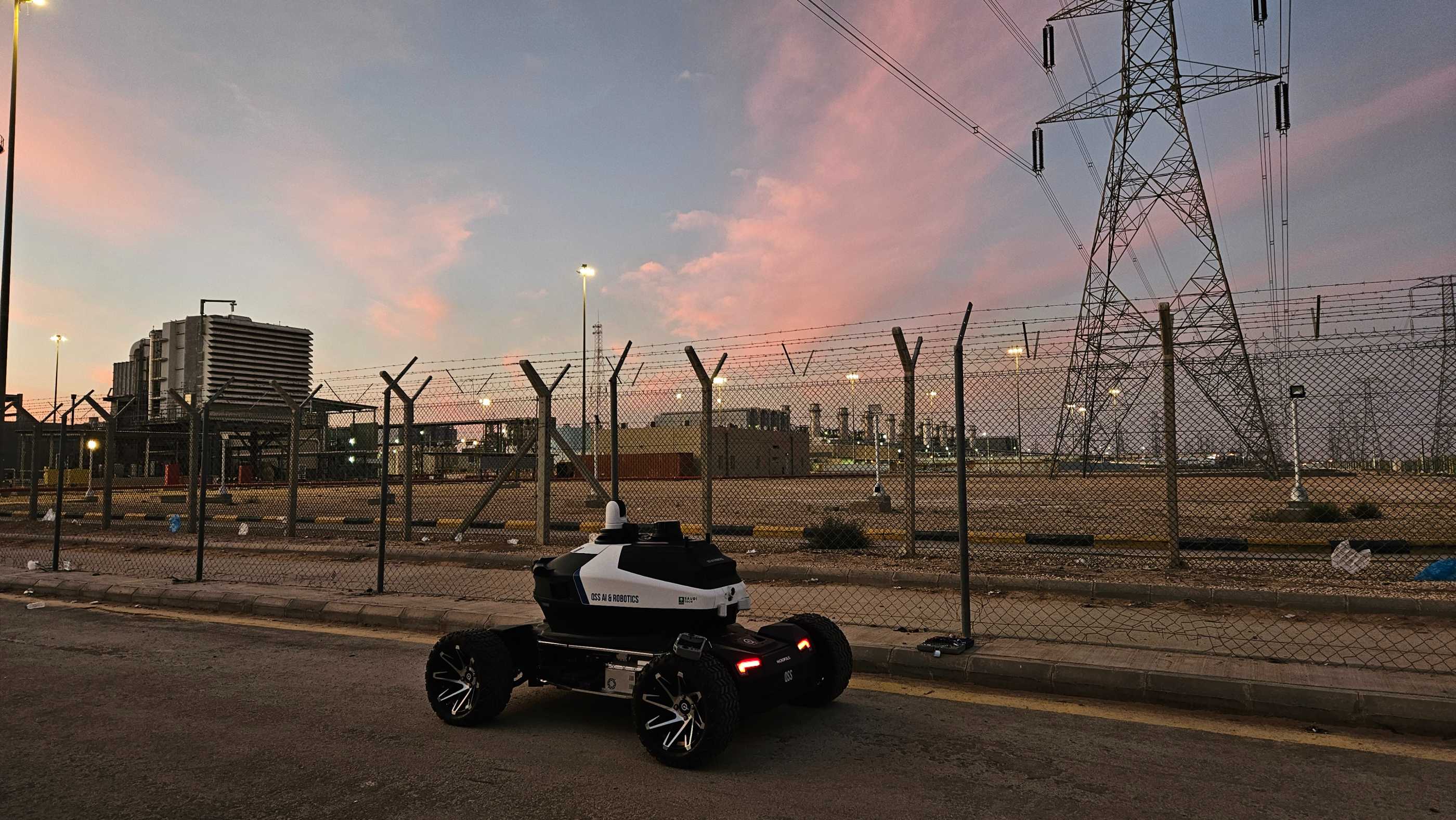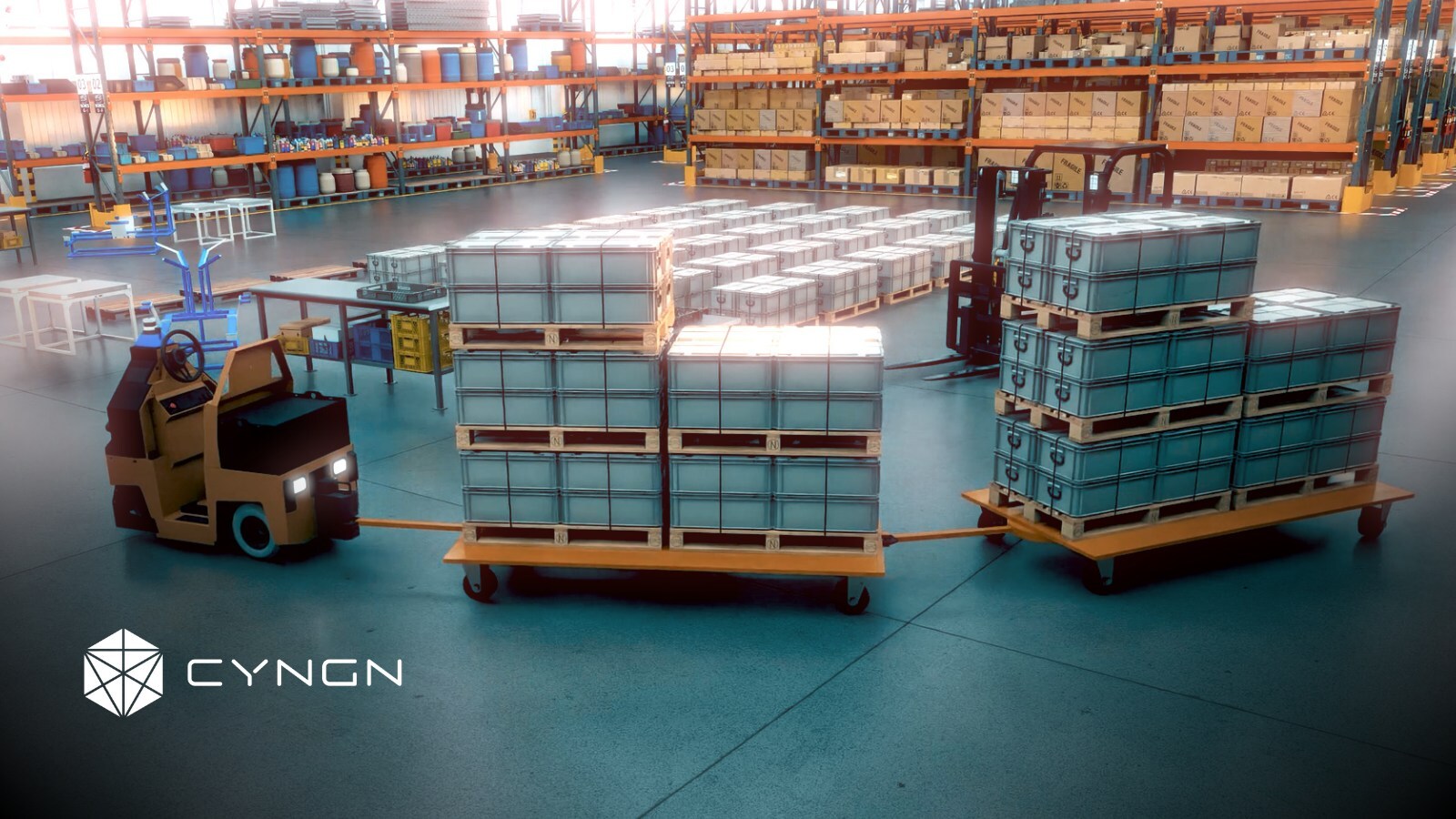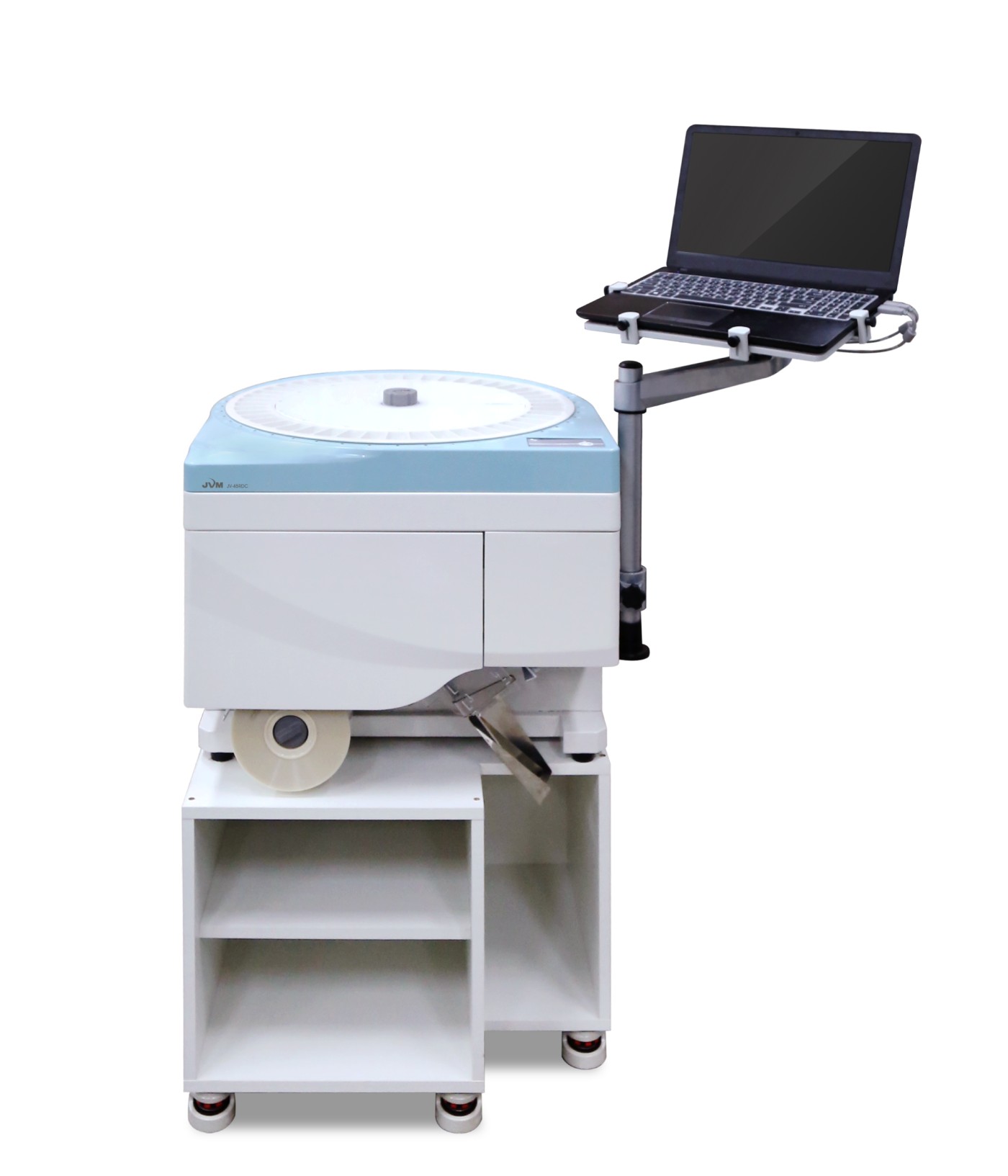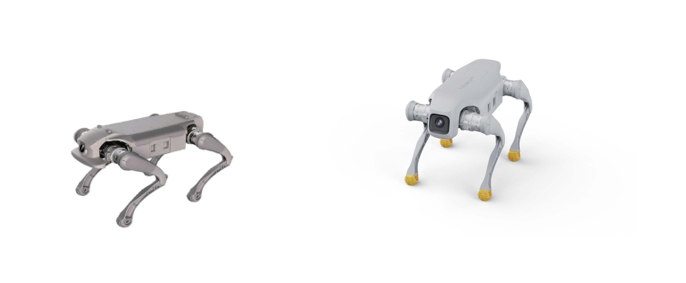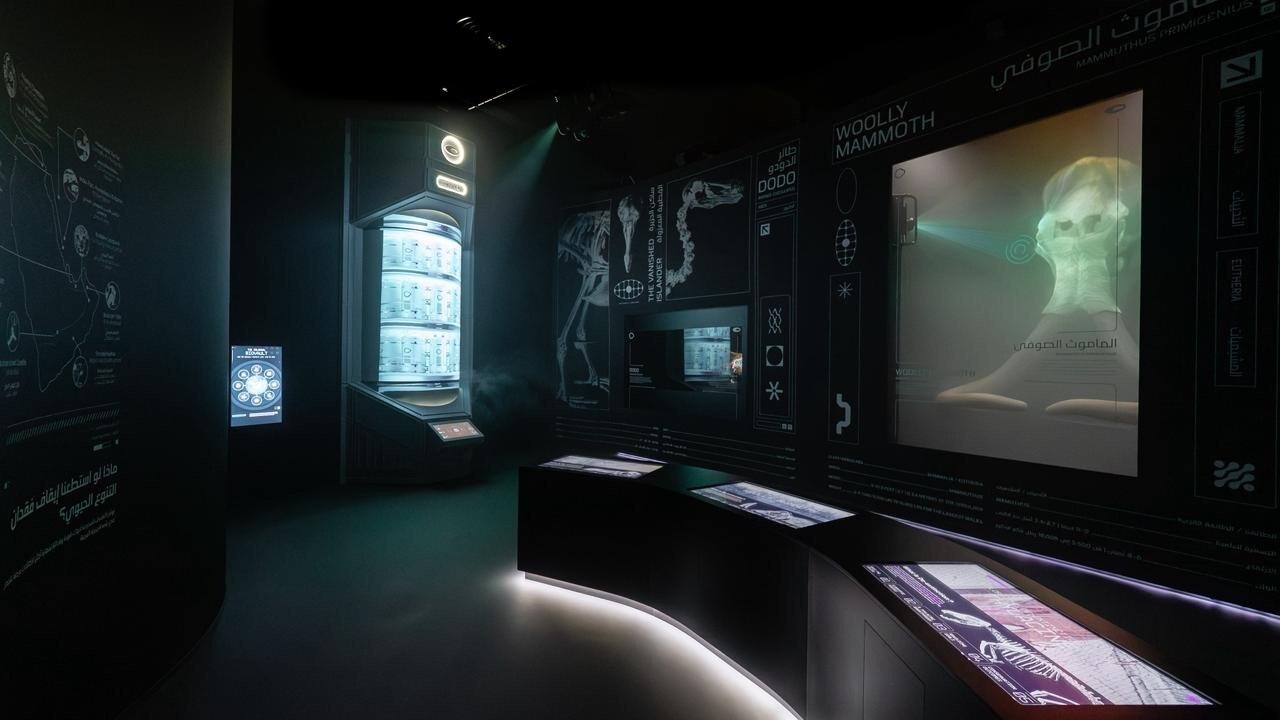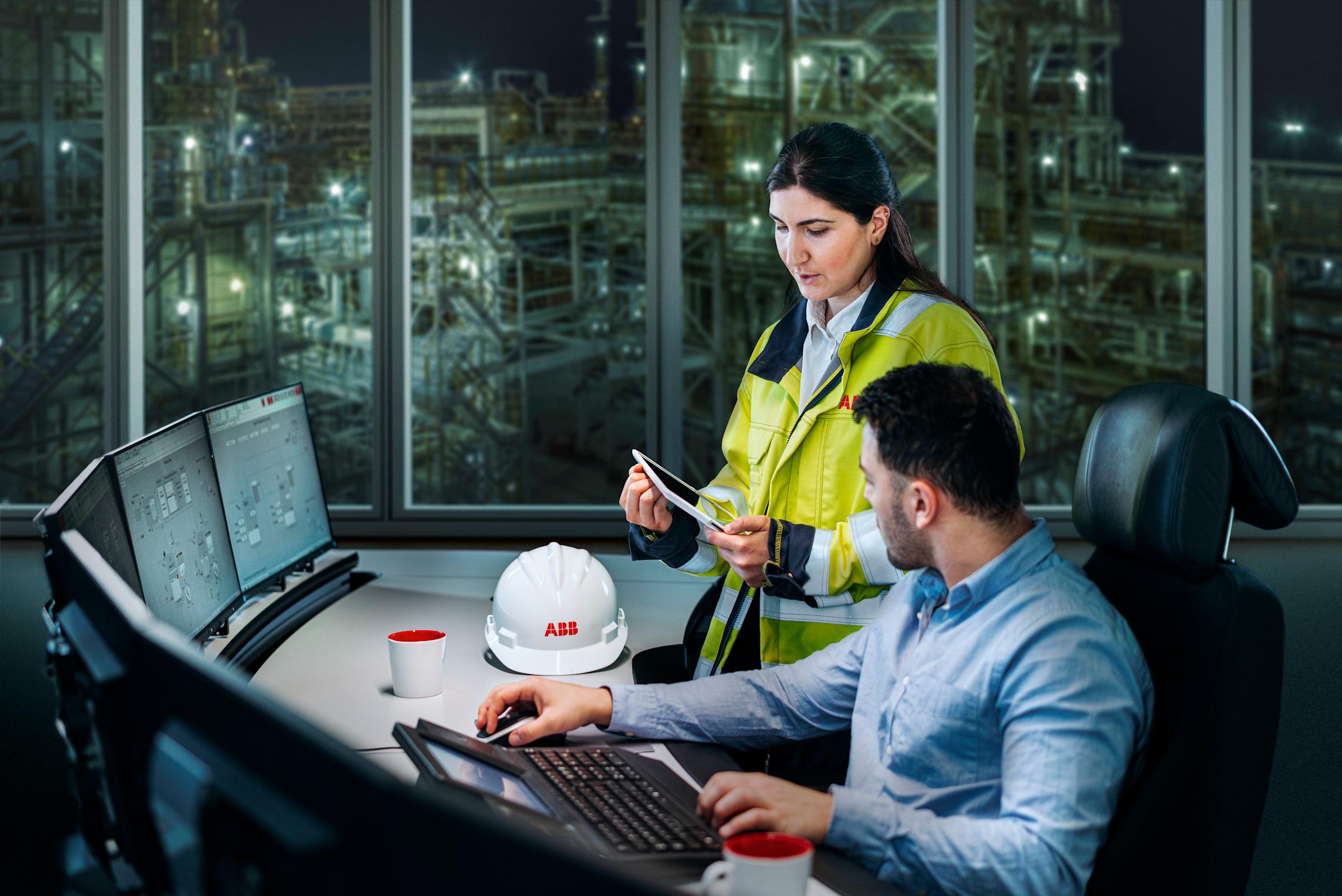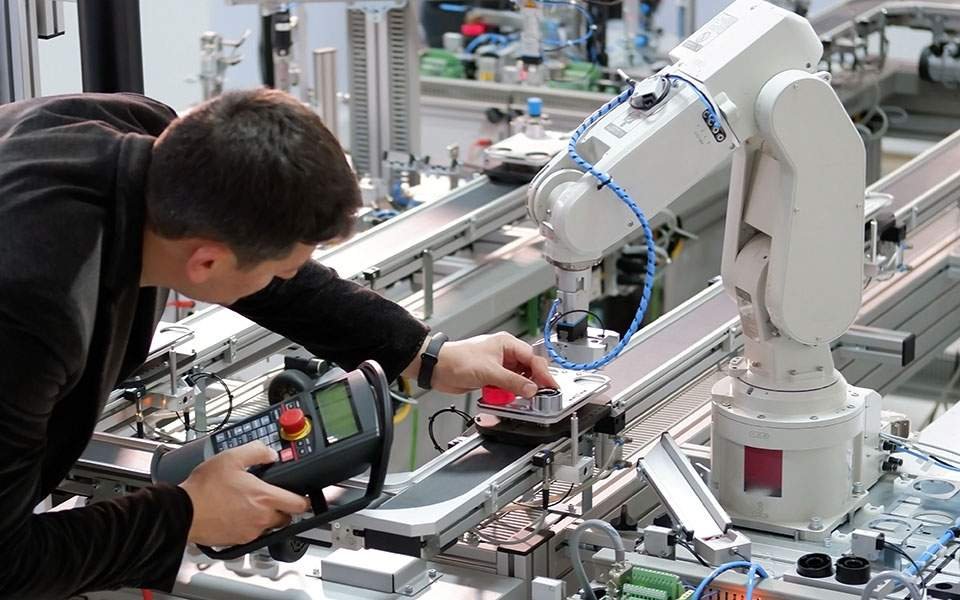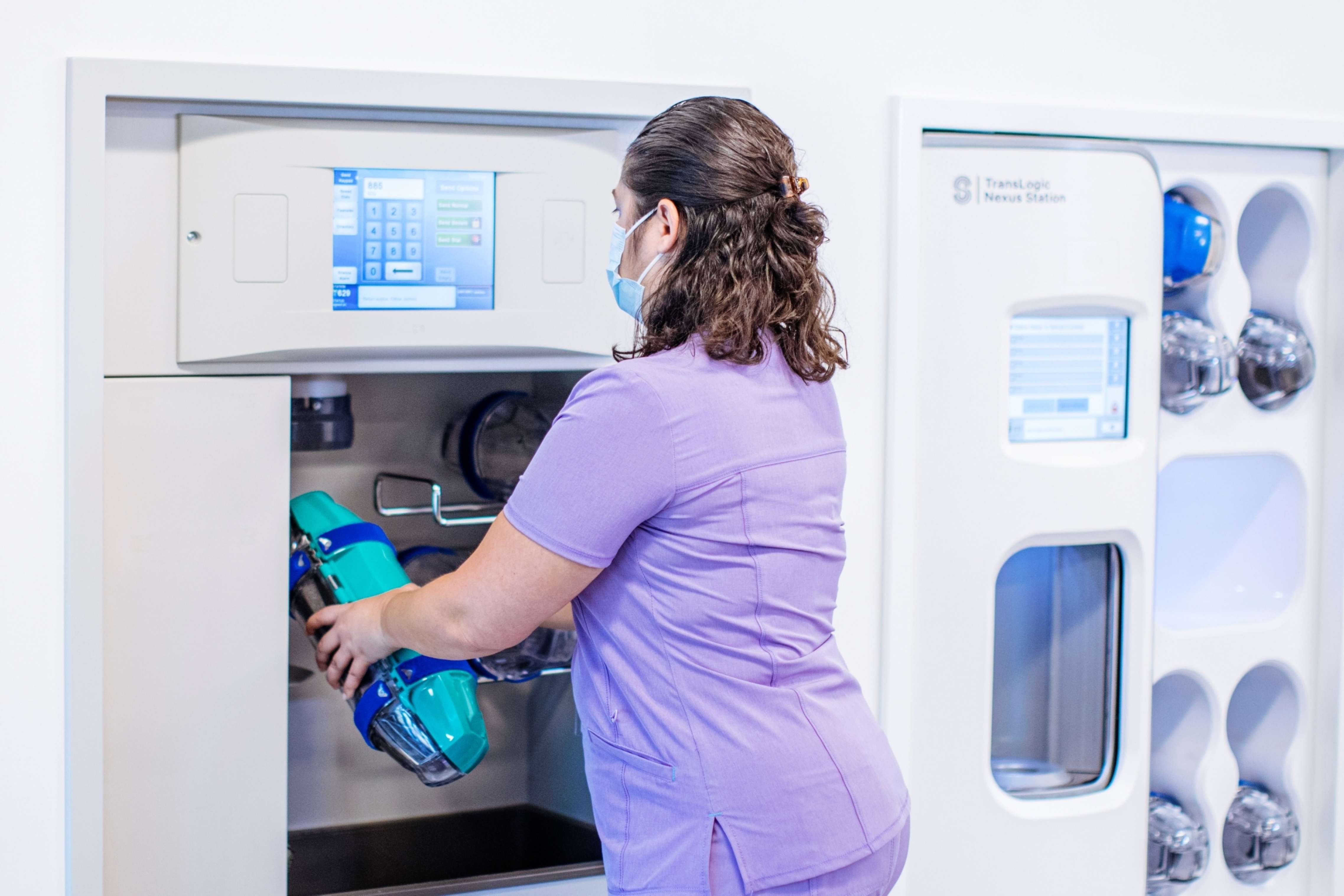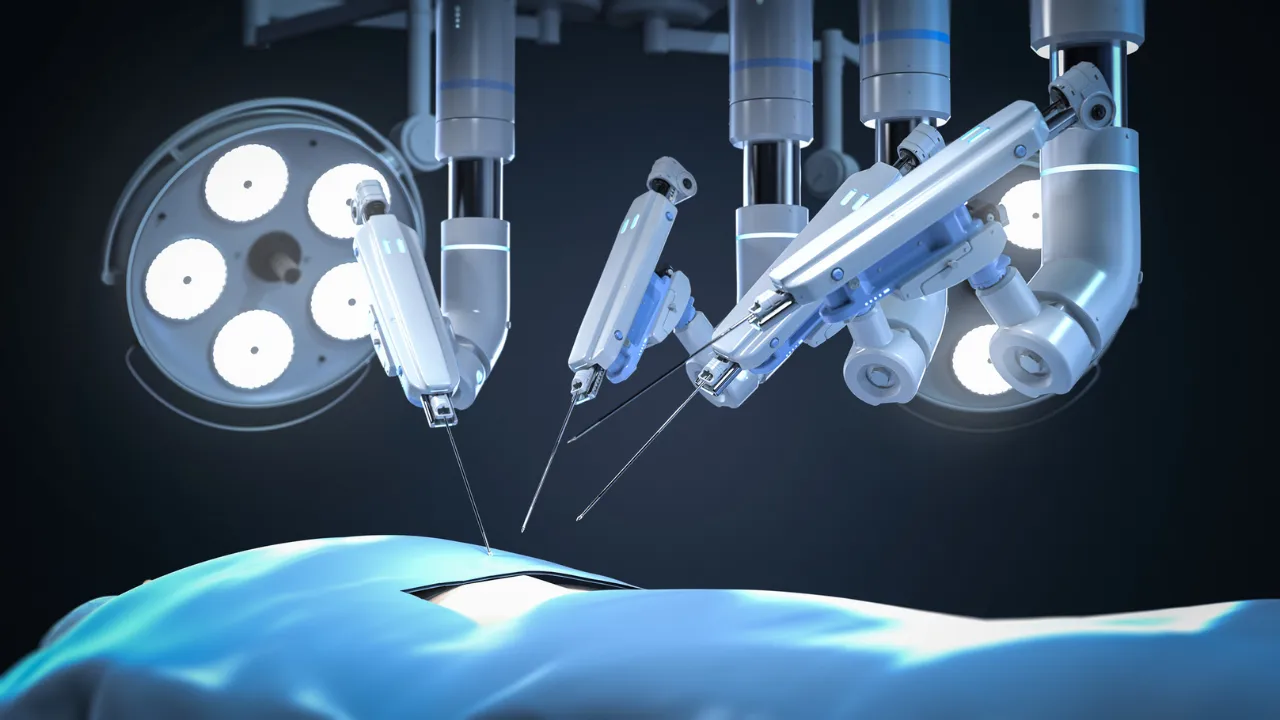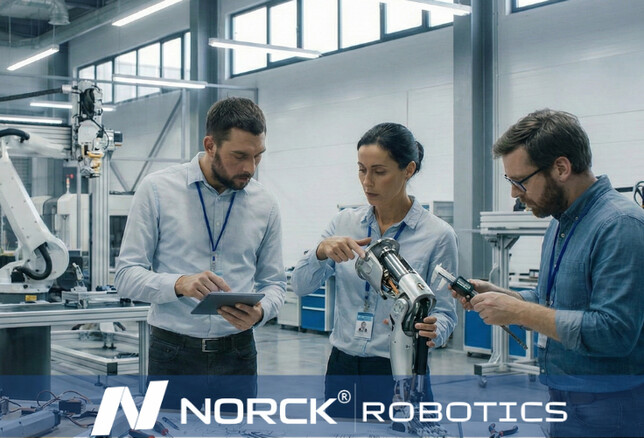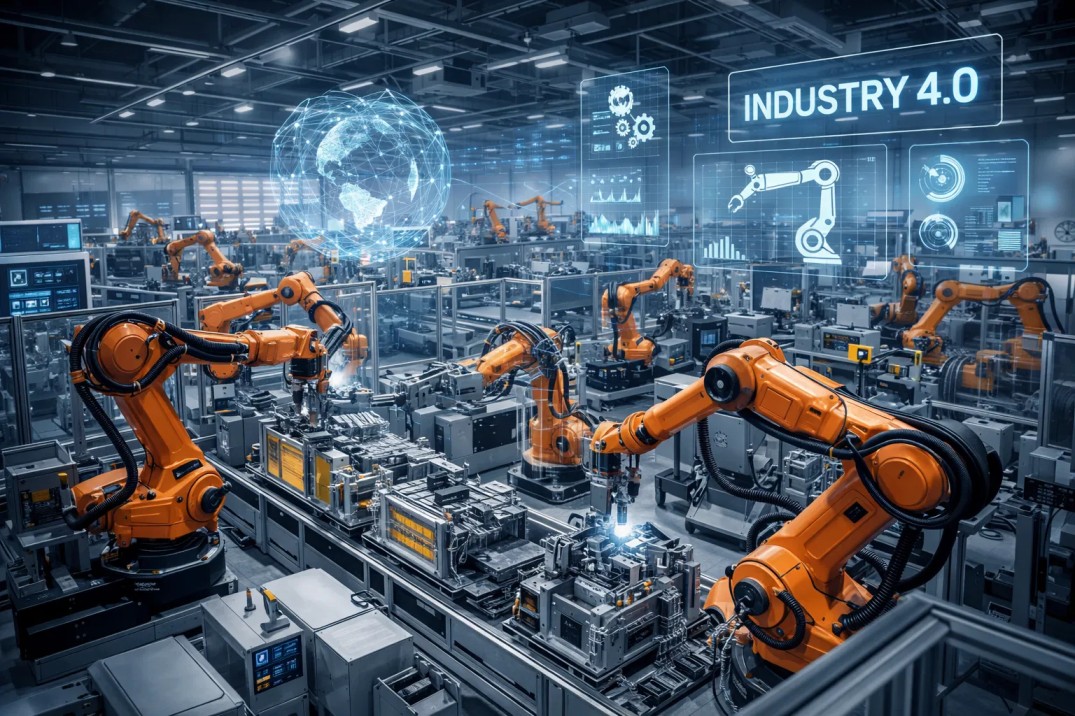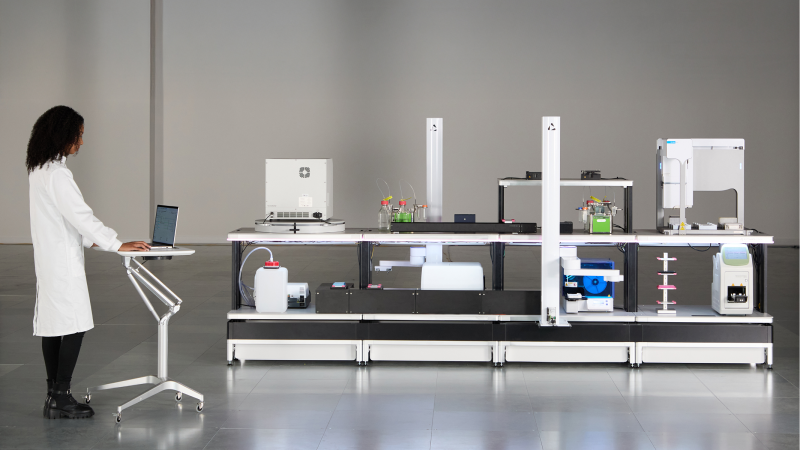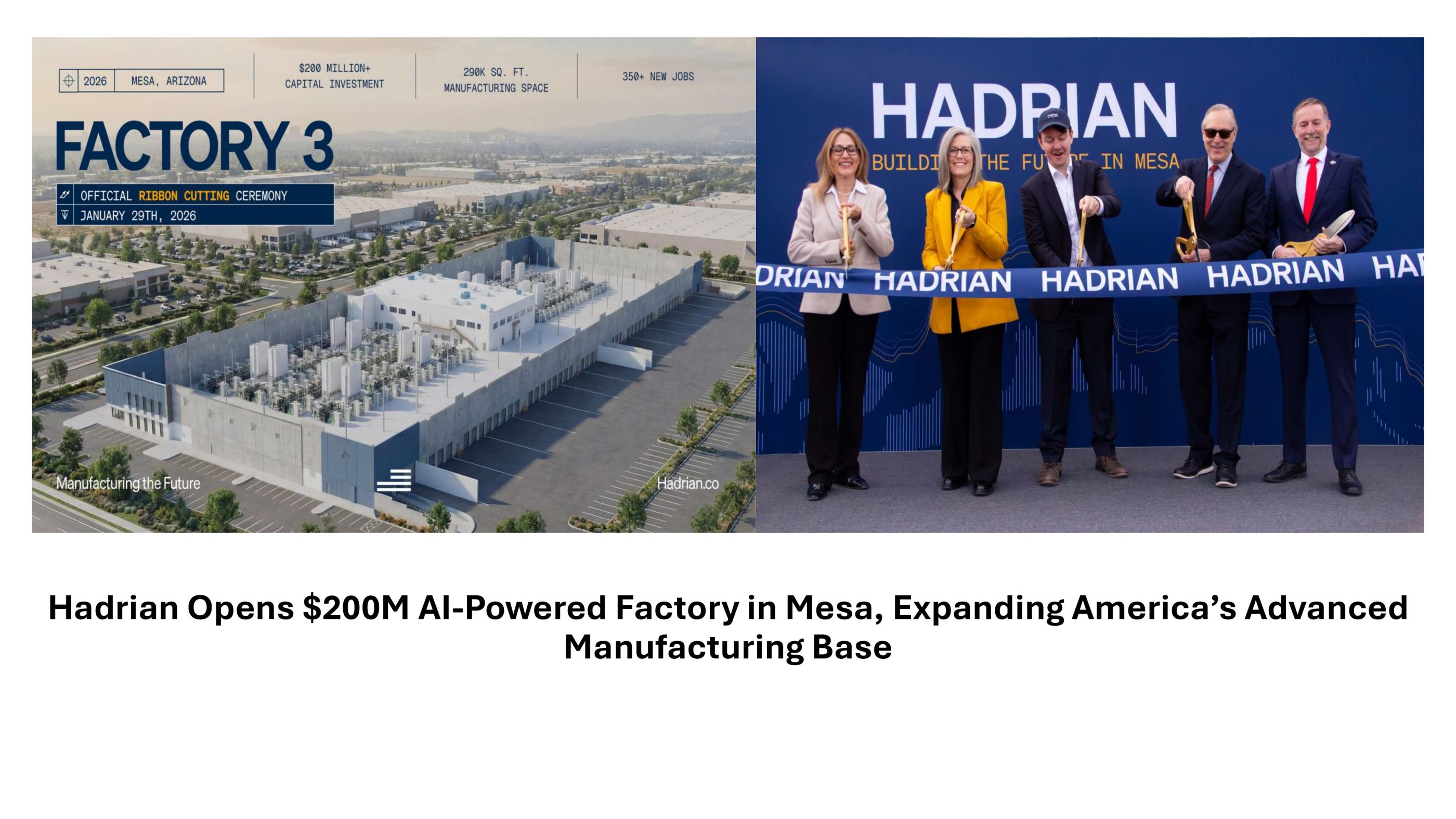DHL and Jacobi Robotics Forge New Benchmark in AI-Driven Warehouse Automation
03 November 2025 | Interaction | By editor@rbnpress.com
Robotics Business News speaks with DHL’s Klaus Dohrmann and Jacobi Robotics’ Max Cao on how open innovation, AI, and automation are reshaping global logistics operations.
DHL’s Fast Forward Challenge has become a global stage for identifying transformative logistics innovations. The 2025 Americas Edition crowned Jacobi Robotics as the winner for its AI-powered Mixed Palletizer, a breakthrough system designed to tackle one of warehousing’s most repetitive and labour-intensive challenges.
In this exclusive conversation with Robotics Business News, Klaus Dohrmann, VP of Innovation & Trend Research at DHL Group, and Max Cao, Co-Founder and CEO of Jacobi Robotics, share how this collaboration reflects a decisive leap forward for automation and human–machine synergy in logistics — and why the warehouse of the future is already taking shape today.
What factors led DHL to select Jacobi Robotics as the winner among the three finalists?
Klaus Dohrmann(DHL Group):- Jacobi was selected as the winner after considering anonymous scores across 2 groups: the Fast Forward Challenge jury and attendees of the Now & Next Logistics Summit. The jury members on stage for the competition evaluated finalists based on criteria like impact of problem, market fit, and delivery of presentation, whereas the participants voted for their favorite solution in the event app. The innovation was likely well received because it directly addresses a key priority for many DHL customers: increasing warehouse efficiency through automation. The Mixed Palletizer exemplifies this by solving a specific, time-consuming task in a smart and practical way, making its benefits easy to understand and its implementation easy to envision.
How does the Fast Forward Challenge support DHL’s broader goal of fostering open innovation in logistics?
Klaus Dohrmann(DHL Group):- Startups play an important role for DHL to foster logistics innovation by providing early access to new technologies and having the ability to jointly shape solutions with partners and customers. The Fast Forward Challenge demonstrates DHL’s ongoing commitment to innovation across logistics, recognizing the importance of engaging with emerging technology ecosystems across disciplines and regions of the world to make supply chains of tomorrow more efficient, sustainable, and resilient.
What are DHL’s expectations for piloting and potentially scaling Jacobi Robotics’ solution across its global network?
Klaus Dohrmann(DHL Group):- The Jacobi Robotics solution addresses key operational opportunities such as increased efficiency, reducing errors as well as injuries associated with manual pallet stacking. This is very well aligned with DHL’s goals for automation and workplace safety. As a next step we are excited to now scope potential sites with the right profile of goods & services for pilot deployments and define & measure what success looks like for each given operation.
How does the partnership between DHL and Jacobi Robotics reflect the future direction of automation and AI in supply chain management?
Klaus Dohrmann(DHL Group):- AI-powered robotic systems like the Jacobi Robotics solution more and more empower human workers in order to reduce repetitive, physically demanding tasks, injuries, while enhancing throughput and consistency in warehouse operations. At DHL, we are committed to maximizing the impact of robotics and automation.
What does winning the DHL Fast Forward Challenge Americas Edition mean for Jacobi Robotics?
Max Cao(Jacobi Robotics):- It’s independent validation from one of the world’s most sophisticated logistics organizations and its customers. Jacobi was shortlisted through DHL’s internal evaluation process after a detailed review of our technical maturity, deployment traction, and scalability. The final winner was then selected by a live vote of more than 500 supply chain leaders from DHL’s largest customer accounts. The outcome reflects both DHL’s confidence in Jacobi’s readiness for scale and the market’s recognition of the urgent need for AI-powered mixed-case palletizing. Practically, the award gives us a structured deployment pathway with DHL, visibility across divisions, and momentum with integrators and end-customers.
How does Jacobi Robotics’ AI-powered palletizing system improve efficiency and safety in warehouse operations?
Max Cao(Jacobi Robotics):- Mixed-case palletizing is an exceptionally high-decision, high-strain task. For a typical grocery pallet, there are more possible stacking combinations than atoms in the universe. Jacobi’s AI tackles that complexity by learning millions of stacking strategies in simulation, planning placements in real time to meet stability, cube utilization, crush limits, family grouping rules, and then executing these actions using proven, industrial-grade hardware. The result is higher and steadier throughput, fewer handling errors, and a step-change in ergonomics by removing repetitive 10–25 kg lifts.
What role will the collaboration with DHL’s innovation experts play in advancing your solution?
Max Cao(Jacobi Robotics):- DHL provides real-world complexity—high throughput, SKU variability, compliance, and uptime expectations—across diverse industries. Working with their innovation teams allows us to prove performance at scale in verticals such as e-commerce, food & beverage, and consumer goods, and to gather direct feedback from operations teams. That insight will help us refine future product generations, ensuring that our solution continues to meet the evolving needs of global logistics networks.
How does Jacobi’s technology contribute to reducing costs, errors, and injuries in logistics environments?
Max Cao(Jacobi Robotics):- Cost: Labor represents the majority of warehouse operating expenses. Automating mixed-case palletizing reduces manual touches and station staffing; typical sites see double-digit labor savings and payback in roughly 12–24 months.
Errors & product damage: Real-time, constraint-aware stacking and proprietary stability metrics reduce rework and in-transit damage.
Injuries: Manual palletizing remains one of the top drivers of workers’ compensation claims. By automating the process, Jacobi eliminates a primary source of repetitive-strain and lifting injuries.


